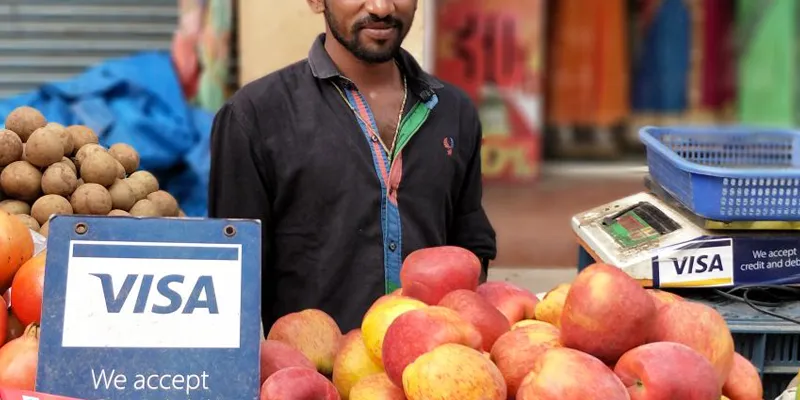Your debit card transactions just became cheaper, here's how
In a bid to promote debit card acceptance by a wider set of merchants, and ensure sustainability for the entities involved, the Reserve Bank of India (RBI) today cut charges for using debit card transactions in the country.
As part of its fifth monetary policy statement, the RBI set a cap for the maximum permissible transaction rate (or Merchant Discount Rate) for both, ‘card present’ and ‘card not present’ transactions, such as QR-based payments.

The RBI, this time, will segregate transaction charges based on the turnover of a merchant, which wasn’t the case earlier.
For small merchants (up to Rs 20 lakh turnover)
Debit card
For small merchants with turnover up to Rs 20 lakh (during the previous financial year), the charge on debit card payments has been set to not exceed 0.40 percent, with an upper cap of Rs 200 per transaction.
QR code-based payment
Charges for QR code-based payments for such merchants have been set to not exceed 0.30 percent of the total transaction, or Rs 200 per transaction.
For other merchants (above Rs 20 lakh turnover)
Debit card
In the case of merchants with a turnover of above Rs 20 lakh during the previous financial year, the charge of a debit card transaction has been set to not exceed 0.90 percent with an upper cap of Rs 1000 per transaction.
QR code-based payment
In case of QR-based transactions, charges are set to not exceed 0.80 percent of the total transaction with an upper cap of Rs 1000 per transaction.
The above instructions will be effective from January 1, 2018, the RBI said.
According to the RBI, the decision was taken based on feedback from various stakeholders in the ecosystem. The decision is based on the criteria of categorisation of merchants on the basis of annual turnover, adoption of a differentiated MDR for QR-code based transactions, as well as specifying a ceiling on the maximum permissible MDR or transaction rate for both ‘card present’ and ‘card not present’ transactions.
What were the transaction rates before this?
For transaction value up to Rs 2000, the RBI had decided in 2012 that charges would not exceed 0.75 percent of the of the total transaction amount for debit card payments. Charges for payment value of more than Rs 2000 stood at 1 percent of the transaction amount.
The central bank had made an exception to the rule, making debit card transactions cheaper last December following demonetisation. However, that directive was applicable only until March 31, 2017. [Read more here].
Commenting on RBI’s new directive, Dewang Neralla, MD and CEO, Atom Technologies,
“Welcome to see RBI taking into account aspects on sustainability of entities providing payment services and taking a balanced view on the MDR. However, we would have preferred to have it based on interchange. This definitely should be good for SMEs to adopt digital payments. We would need to bear with two short term challenges one of IT implementation on cap of MDR and second the ability of payment players including banks to quickly validate the merchant turnover while boarding merchants.”
As per RBI data, in September 2017, there were a total of 819 million debit cards in the country.







